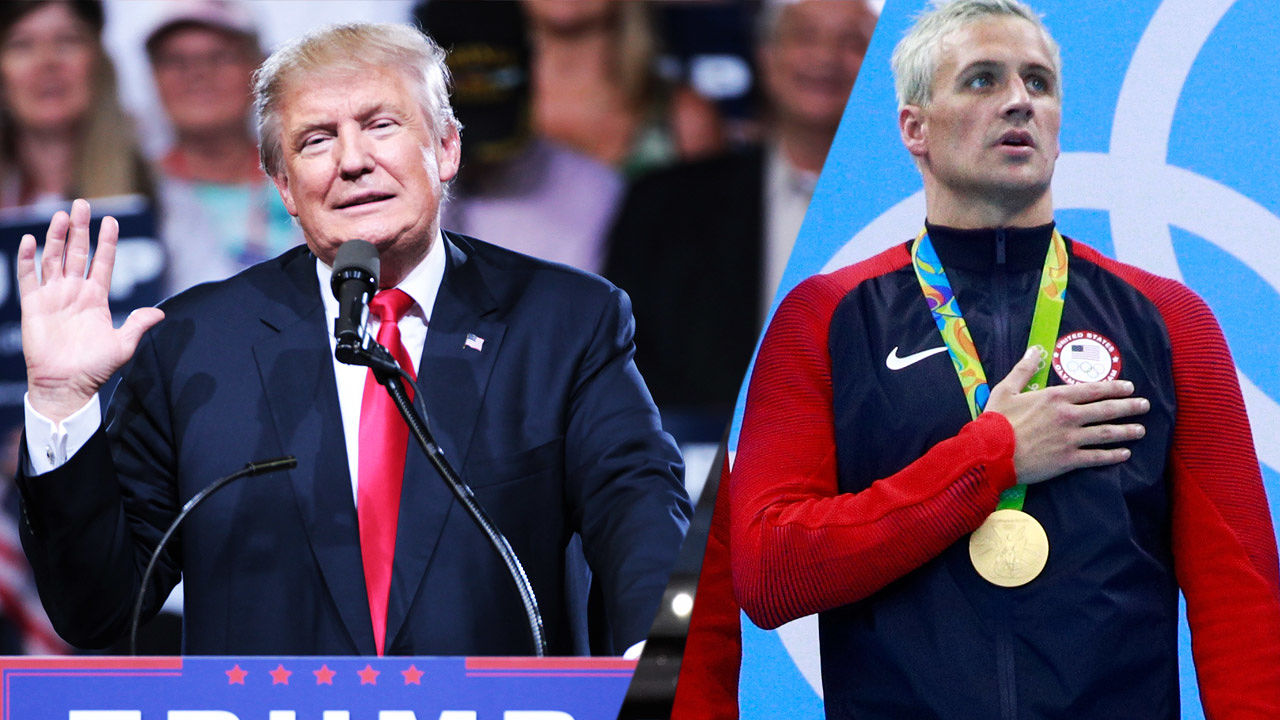Memo To Donald Trump And Ryan Lochte: Here’s How To Give A Proper Apology
“Never ruin an apology with an excuse.” – Ben Franklin
In less than 24 hours, two of the biggest stories in the world involved some kind of “apology” for offensive behavior and/or lying. Last night in Charlotte, North Carolina, the notoriously unrepentant Donald Trump shocked observers by expressing “regret” for words that “may have caused personal pain.” And this morning Ryan Lochte issued a widely criticized apology for “not being more careful” with how he described an incident in which he lied about being held up at gunpoint in Rio de Janeiro.
Neither of them qualified as a true apology since they both offered an excuse for their behavior, failed to give a detailed account of what happened, failed to acknowledge or specify the hurt and damage they’d caused, and didn’t take responsibility for the situation.
Here is Trump’s “apology”:
Sometimes, in the heat of debate and speaking on a multitude of issues, you don’t choose the right words or you say the wrong thing. I have done that, and I regret it, particularly where it may have caused personal pain. Too much is at stake for us to be consumed with these issues.
And here is Lochte’s “apology”:
A proper apology is “an exercise in honesty, accountability, and compassion,” says interfaith minister Lauren Bloom, the author of The Art of the Apology. Of course, it’s difficult and nerve-wracking and fraught with tension. But it’s the right thing to do. So above all, be sincere: “It’s the essence of an apology.”
And maybe even offer some humility and self-awareness, as exemplified in one of the best examples of an apology in modern history. Several months after Jesse Jackson referred to Jews as “Hymies” and New York City as “Hymietown” during his presidential run in 1988, he gave a speech at the Democratic convention that moved the audience with its sincerity and spiritual depth (h/t The New Republic):
If, in my low moments, in word, deed or attitude, through some error of temper, taste, or tone, I have caused anyone discomfort, created pain, or revived someone’s fears, that was not my truest self. If there were occasions when my grape turned into a raisin and my joy bell lost its resonance, please forgive me. Charge it to my head and not to my heart. My head—so limited in its finitude; my heart, which is boundless in its love for the human family. I am not a perfect servant. I am a public servant doing my best against the odds. As I develop and serve, be patient: God is not finished with me yet.
That’s a high bar and no one’s expecting poetry out of Trump and Lochte. But they should man up and try to give a proper apology—one that hasn’t been crafted by a campaign strategist or lawyer.
Fast Company , Read Full Story
(22)



